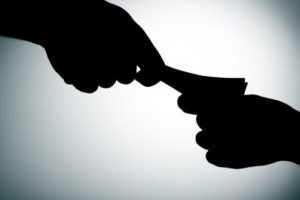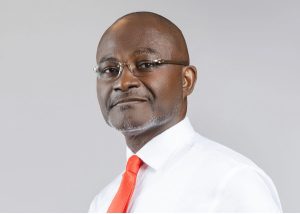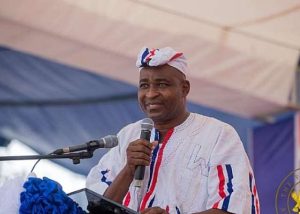By Kwaku Amoh-Darteh, Esq.
When someone is arrested in Ghana, a quiet but powerful question arises: should they go home, or should they be locked up until trial?
This is where the idea of bail steps in. It is not a loophole, not a luxury, and certainly not a way to escape justice. Bail is a principle that speaks to the very heart of fairness. It reminds us that in Ghana, and in every free society, people are innocent until proven guilty. Bail is the law’s way of saying, “Go home, but come back.” It allows someone who has been arrested to be temporarily released, usually with a promise to return to court. Sometimes, someone else, called a surety, vouches for them. That person says, “I trust this person to return, and I’ll take responsibility if they don’t.”
It’s a simple concept, but a powerful one. Because no one should be punished before a judge has heard their side. Bail helps protect that truth.
Imagine this: you are picked up by the police on suspicion of a crime. The case is still under investigation. No court has found you guilty. But you are locked away for weeks, maybe months. You lose your job. Your family suffers. Your health breaks down. And then the court finds you innocent.
Would that feel like justice?
This is why bail exists: to protect people from being broken by a system meant to serve them. It is not just about the accused; it is about the integrity of the justice system itself.
Judges in Ghana look at many things before deciding to grant bail. They ask: Is this person likely to run away? Will they come back to court? Could they interfere with the investigation or witnesses? Have they committed a serious crime before? And, very importantly: Do they have a home and a job? Is there someone responsible who can stand as surety?
The decision isn’t automatic. Each case is different. Some people may be denied bail because the risk is too high. But most should get it because most people want to prove their innocence. There was a time when certain charges, like murder or robbery, automatically meant no bail. But Ghana’s Supreme Court ruled that it was unfair. Every case must be judged on its own facts. No one should be denied freedom simply because of the label on a charge. Now, even the most serious offenses can qualify for bail, depending on the situation. This doesn’t mean everyone will be freed. But it does mean everyone has a fair chance.
A surety is like a guardian in the legal process. They are not saying the accused is innocent. They are saying, “I trust this person to return to court, and I’ll take the risk if they don’t.” It’s a noble act. It requires trust, integrity, and sometimes courage. A surety is not expected to follow the accused everywhere. If the accused runs, the surety may lose money, but they should not be jailed. After all, they are not the ones on trial.
Yes, public figures can be sureties. Anyone with good judgment and a solid reputation can serve as a surety, including politicians, religious leaders, and anti-corruption activists. There is a public aspect to this, though. If a well-known figure stands for someone accused of wrongdoing, people will ask questions. Does it affect their credibility? Are they showing favoritism? Still, it is not a crime to help someone access justice. In fact, it is part of what makes a just society work: even the accused deserves support to face the law in dignity.
How we treat the accused says a lot about who we are as a country. When we lock people up without trial, we risk becoming what we claim to oppose. But when we give them the chance to stand tall in court, we say: “We are better. We believe in fairness.”
Bail is not an escape from justice; it is a safeguard of it. It upholds the constitutional presumption of innocence and protects individuals from needless hardship before their guilt or innocence is determined. To grant bail is not to condone wrongdoing but to ensure that justice remains fair, measured, and humane. And to stand as a surety is not a sinful act; it is a lawful, courageous commitment to the rule of law and to a fellow citizen’s right to due process. It is a civic responsibility, not a betrayal of values.
In every democracy, how we treat the accused reflects the strength of our justice system. Bail reminds us that justice is not just about punishment; it is about balance, dignity, and truth.
Let us protect that truth.









